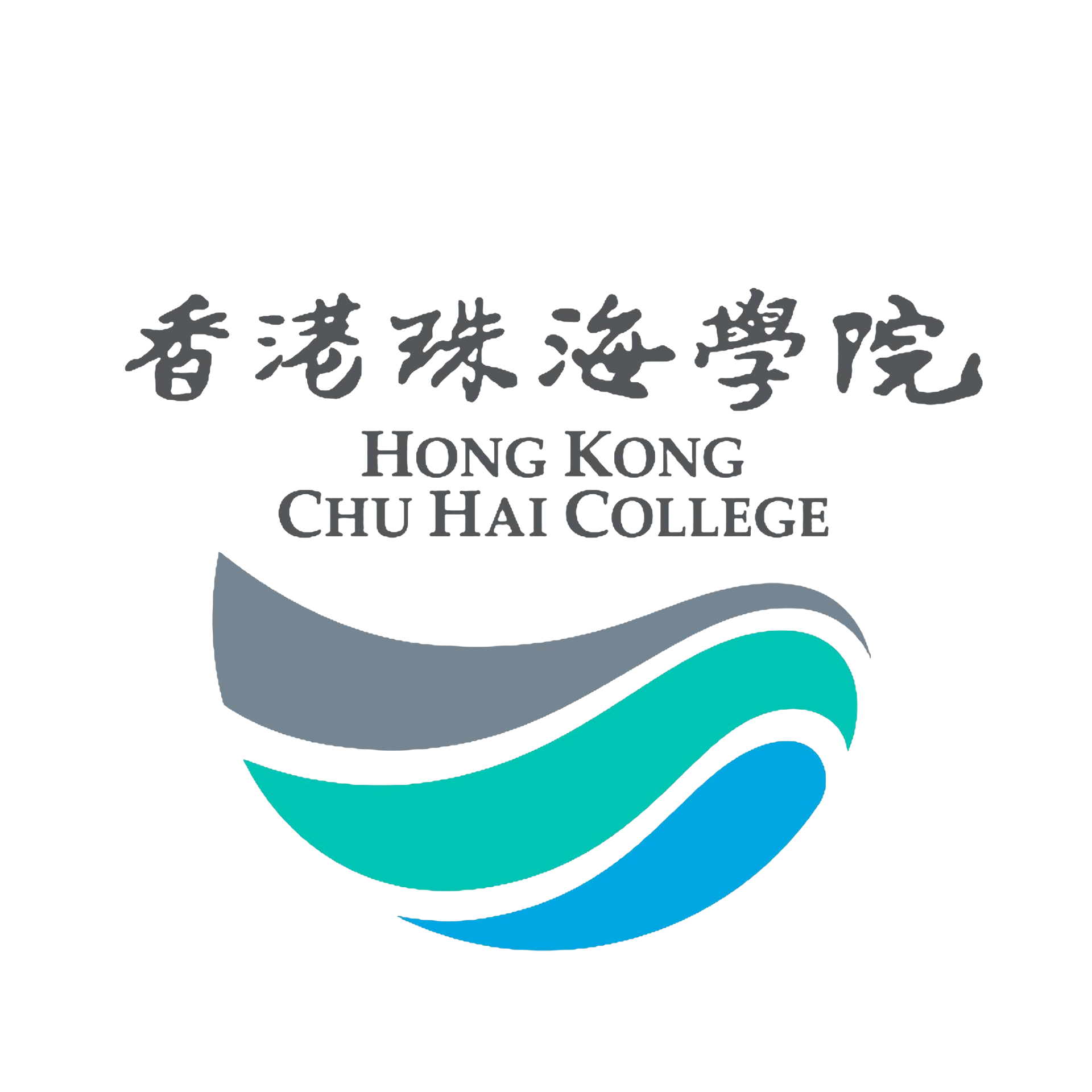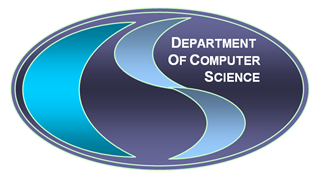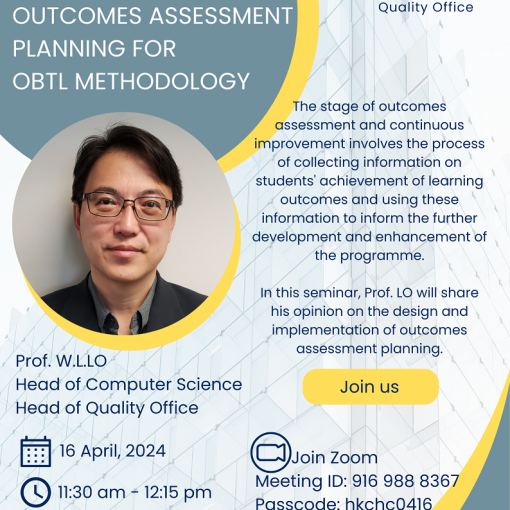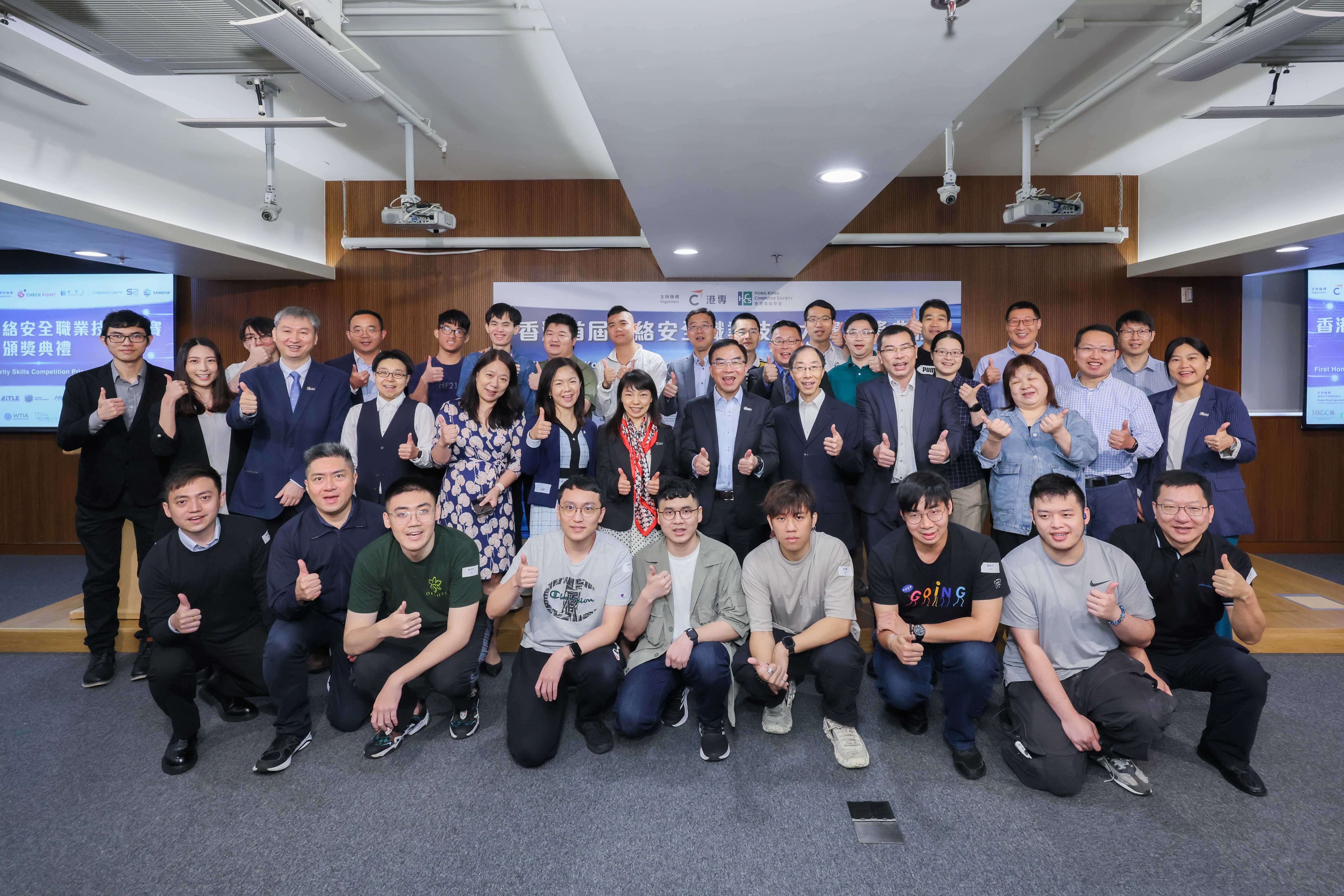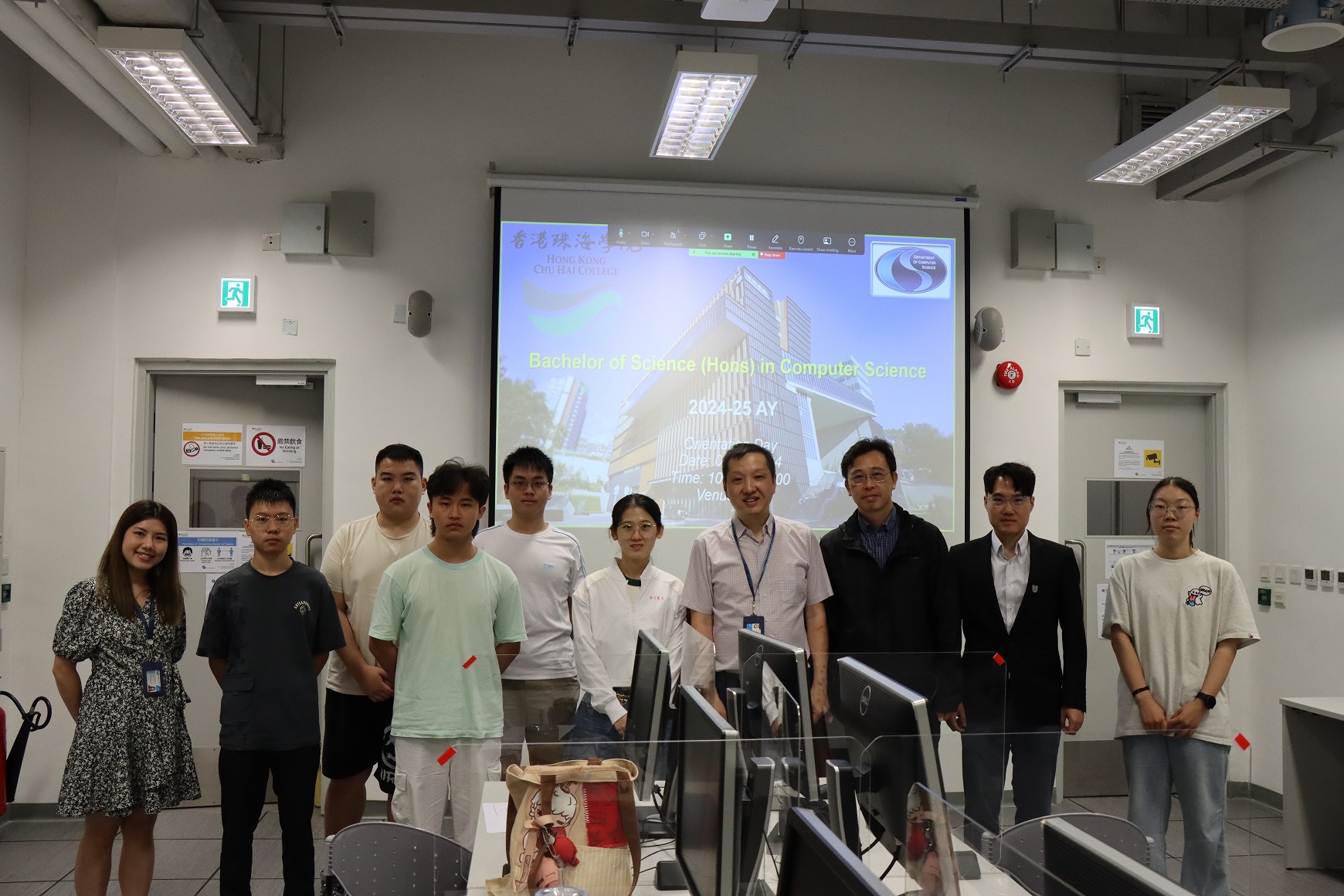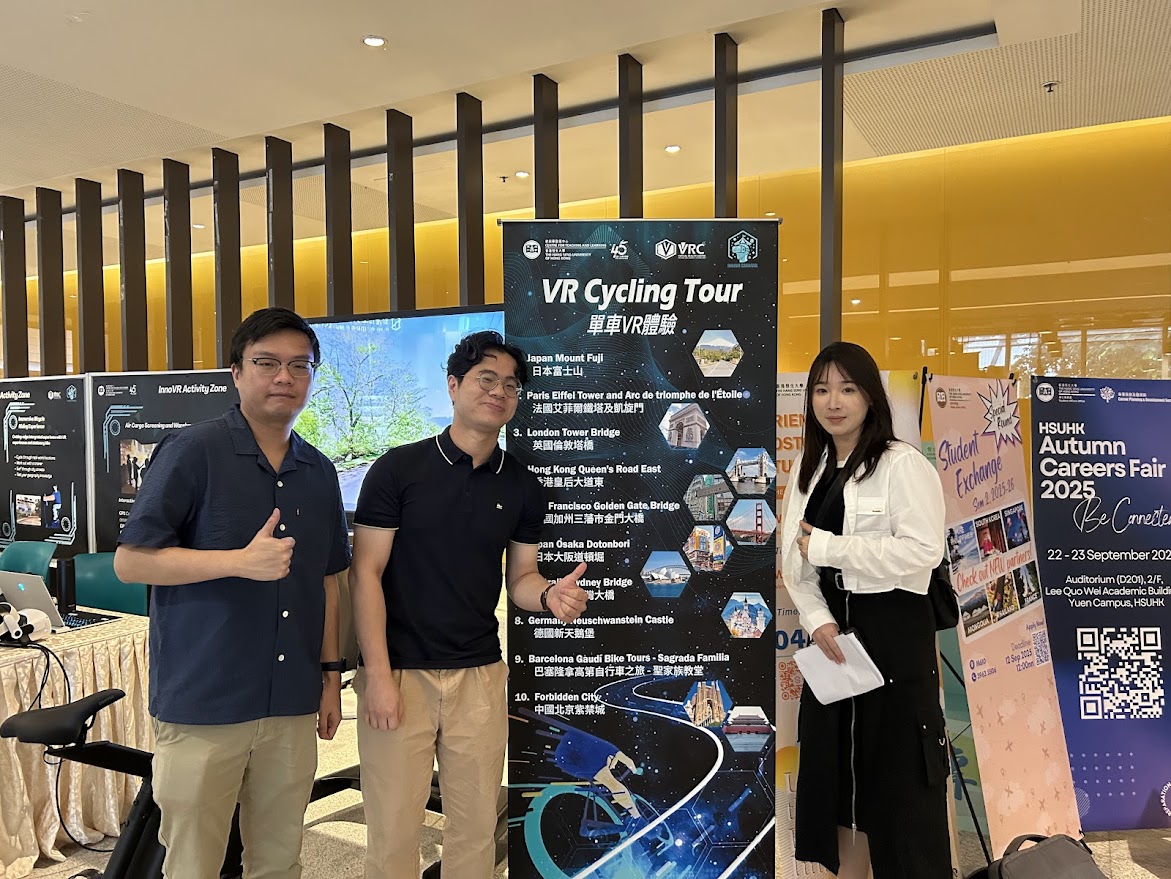此網頁只提供英文版
(September, 2023)
The QESS2020 project development of a metaverse interactive learning platform in collaboration with HKHSU, HKUSpace and HKCHC. The platform aims to break through the limitations of time and space, leveraging the potential of the metaverse and virtual reality. Additionally, it draws upon the expertise of students studying logistics, cultural heritage, and communication-related subjects, inspiring the development of a collaborative learning environment.
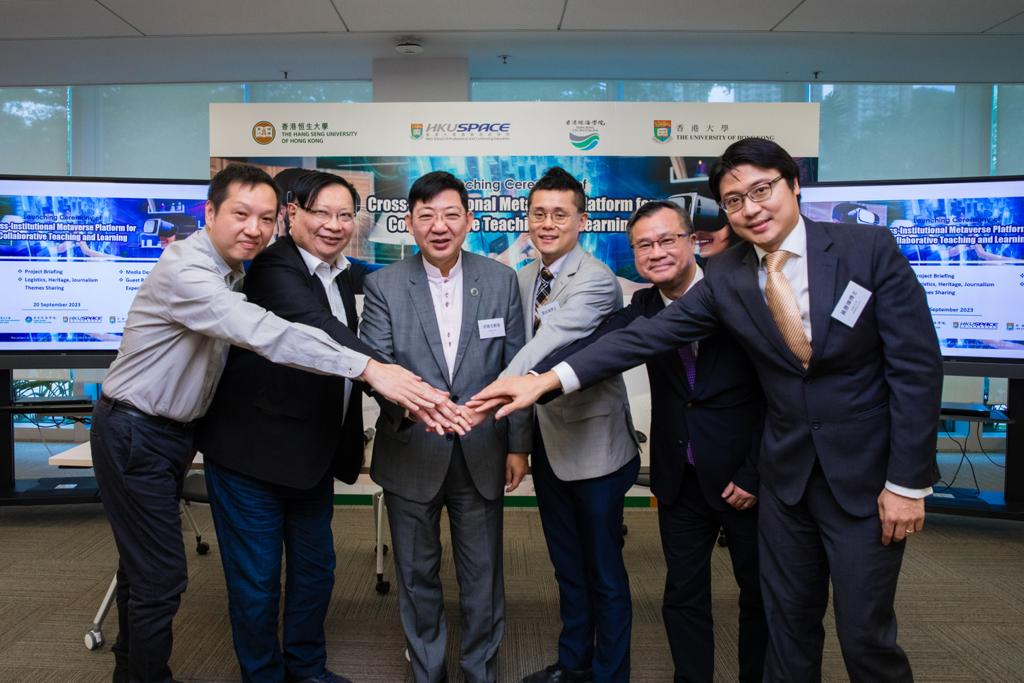
The launch ceremony and press conference were successfully held on the campus of HKHSU. Our department has assigned Mr. Kay as our representative. The event was attended by industry professionals who showed their support for the project.
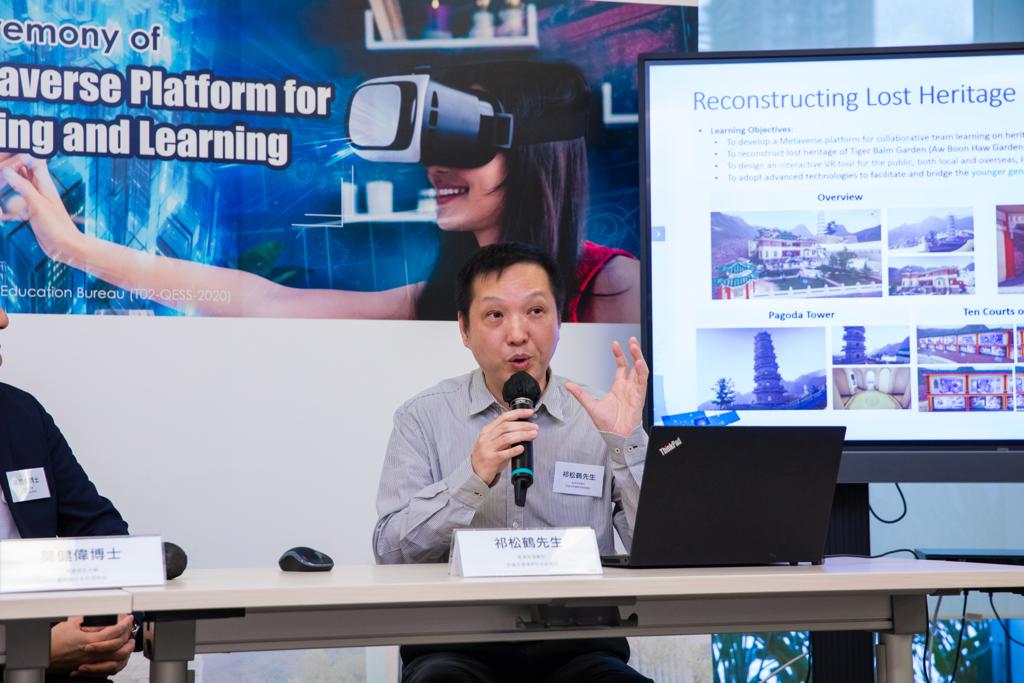
Three years ago, our team embarked on a project to develop an innovative learning platform that combines the metaverse and virtual reality. Recognizing the potential of these technologies in breaking down barriers of time and space, coupled with the presence of students studying logistics, cultural conservation, and communication-related disciplines, we were inspired to create this platform. Our vision is to continuously enhance the platform by incorporating more collaborative content in each theme, fostering interactive and engaging learning experiences. This platform provides students with immersive learning experiences.
The metaverse interactive learning platform covers three major themes: logistics, cultural heritage, and news communication. In the realm of news communication, the platform provides a realistic simulation of an earthquake disaster scene, training users in reporting news from the earthquake site and real-time news broadcasting studios.
In the logistics theme, the platform offers a comprehensive learning experience by referencing actual operations such as air cargo inspection, acceptance, and handling processes. Students can gain insights into facility layout and material handling systems at an air cargo terminal.
Regarding cultural heritage, the platform reconstructs the Tiger and Leopard Pagoda Villa, allowing students to virtually “visit” architectural features such as the Tiger Tower and the Ten Kings Hall relief sculptures. Collaborative learning activities include workshops on artifact sculpting and antique collection.
One of the platform’s key features is its support for multi-user remote collaboration. Users located in different places can simultaneously engage in the same task within the virtual environment, fostering teamwork and cooperation. This capability enhances the learning experience and prepares students for real-world collaborative work scenarios.
This platform integrates cutting-edge technologies and provides immersive learning experiences in the fields of logistics, cultural heritage, and news communication. We remain committed to refining and expanding the platform, incorporating more collaborative content and promoting interactive learning.
